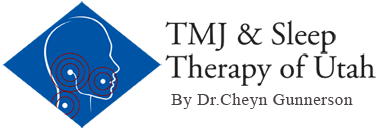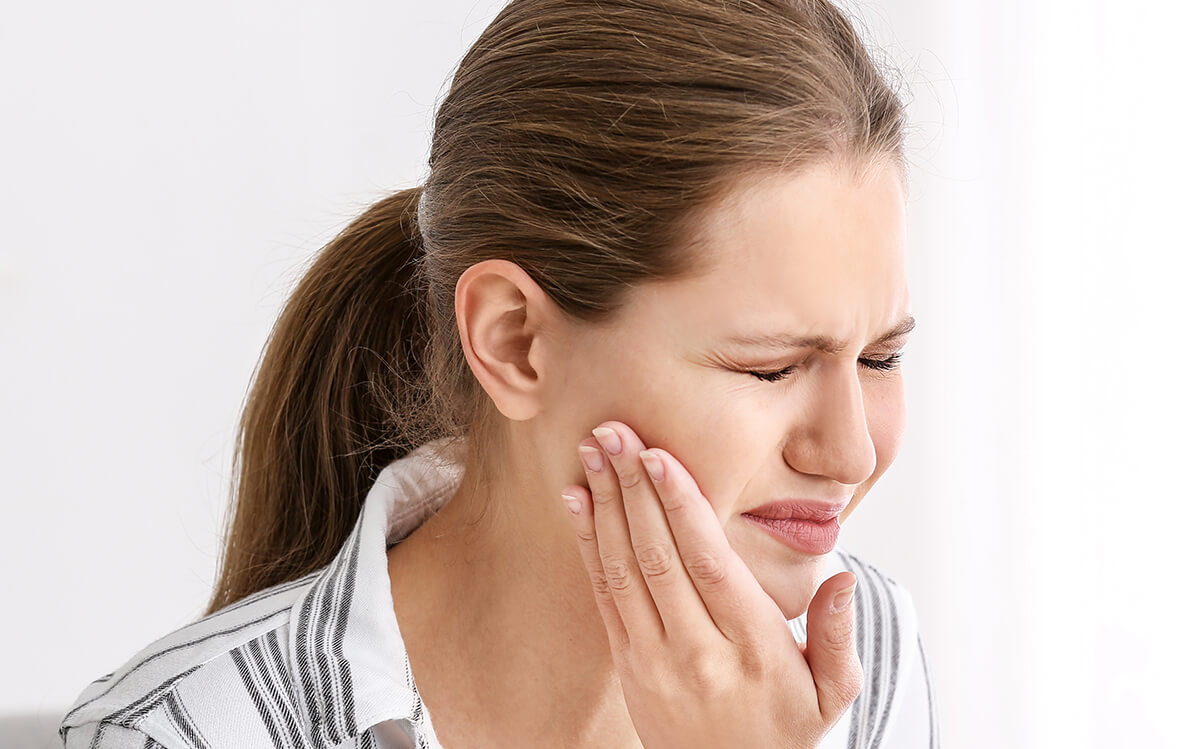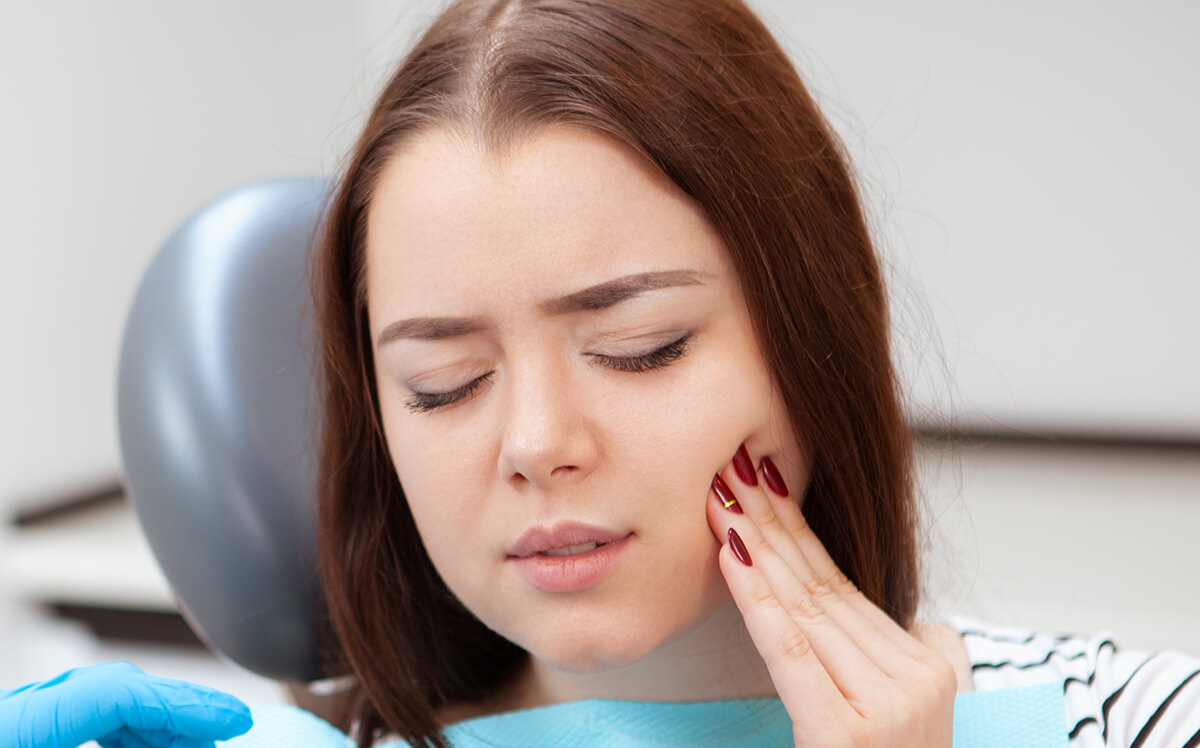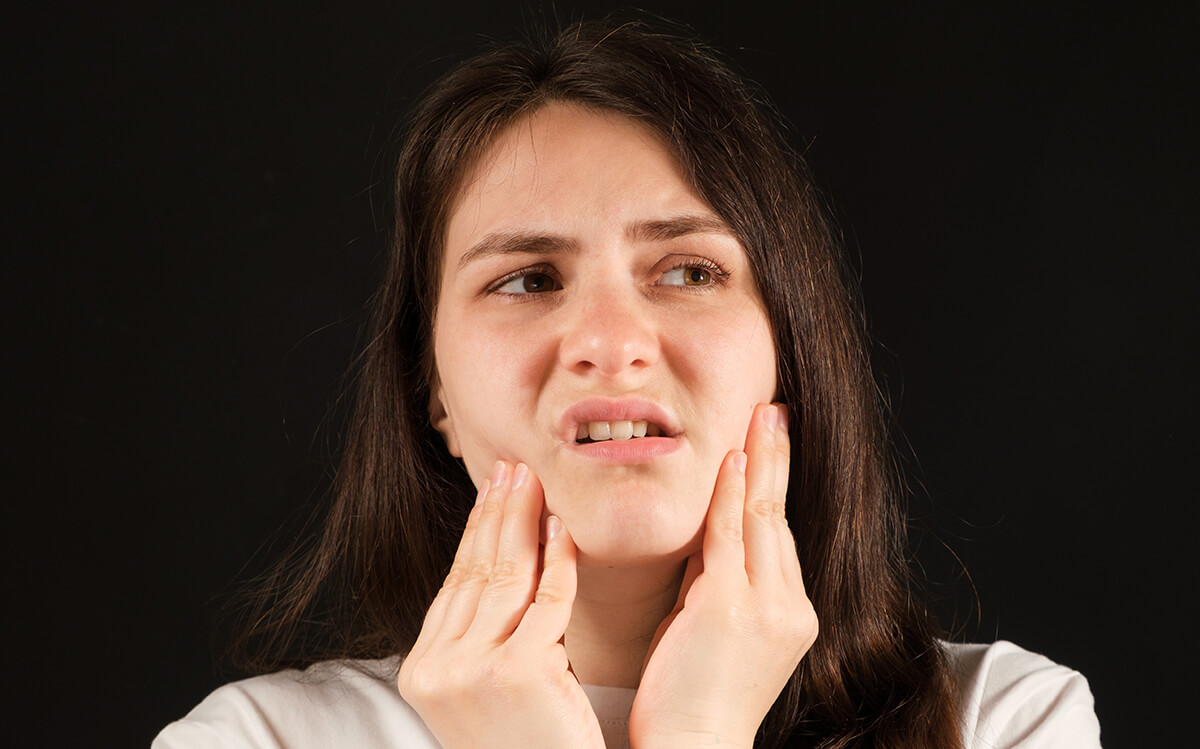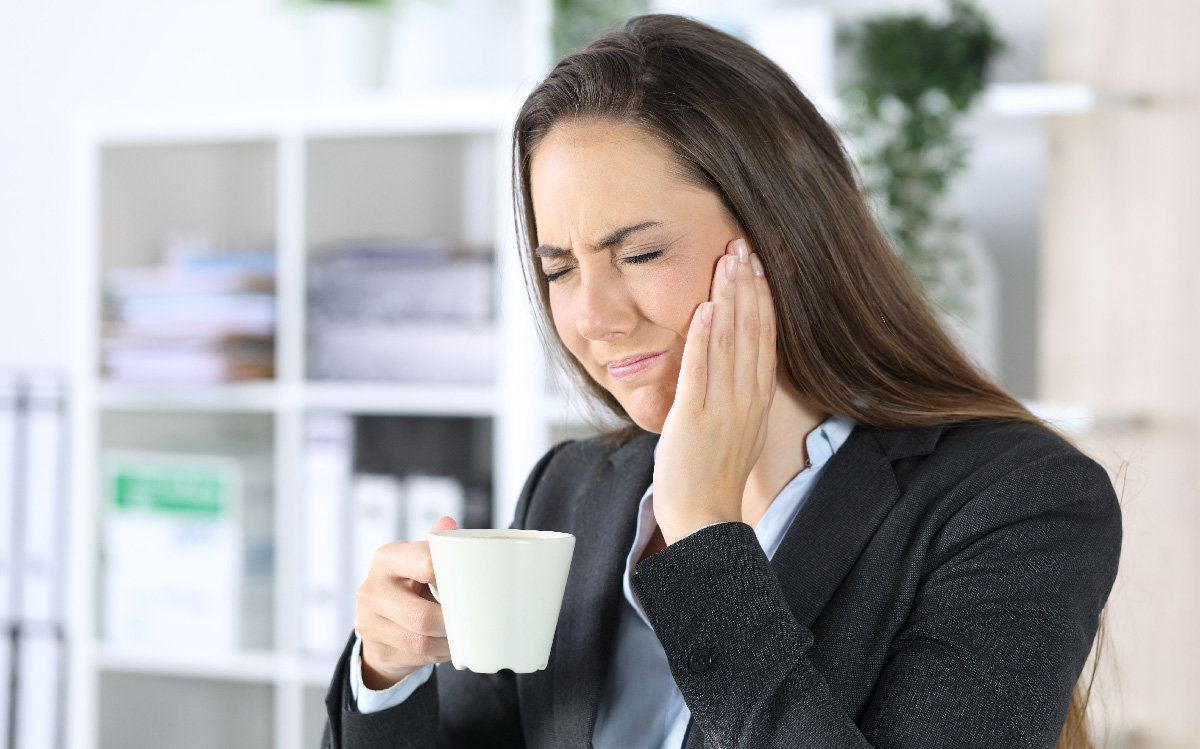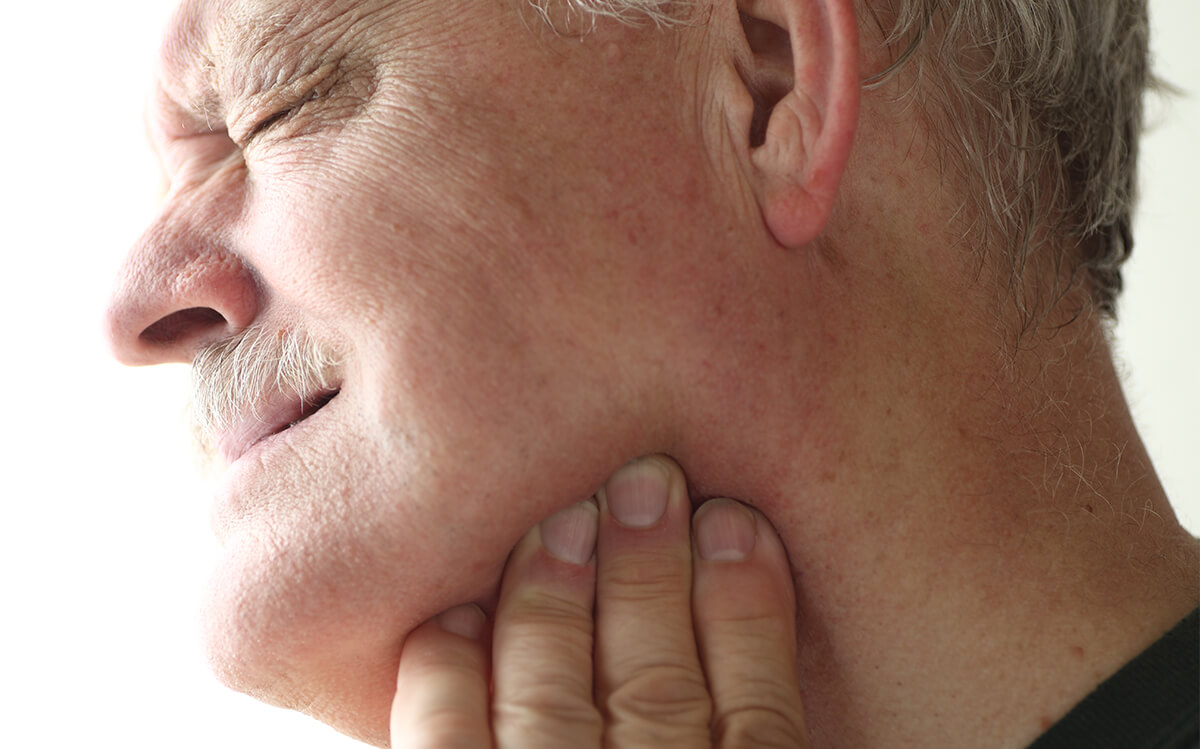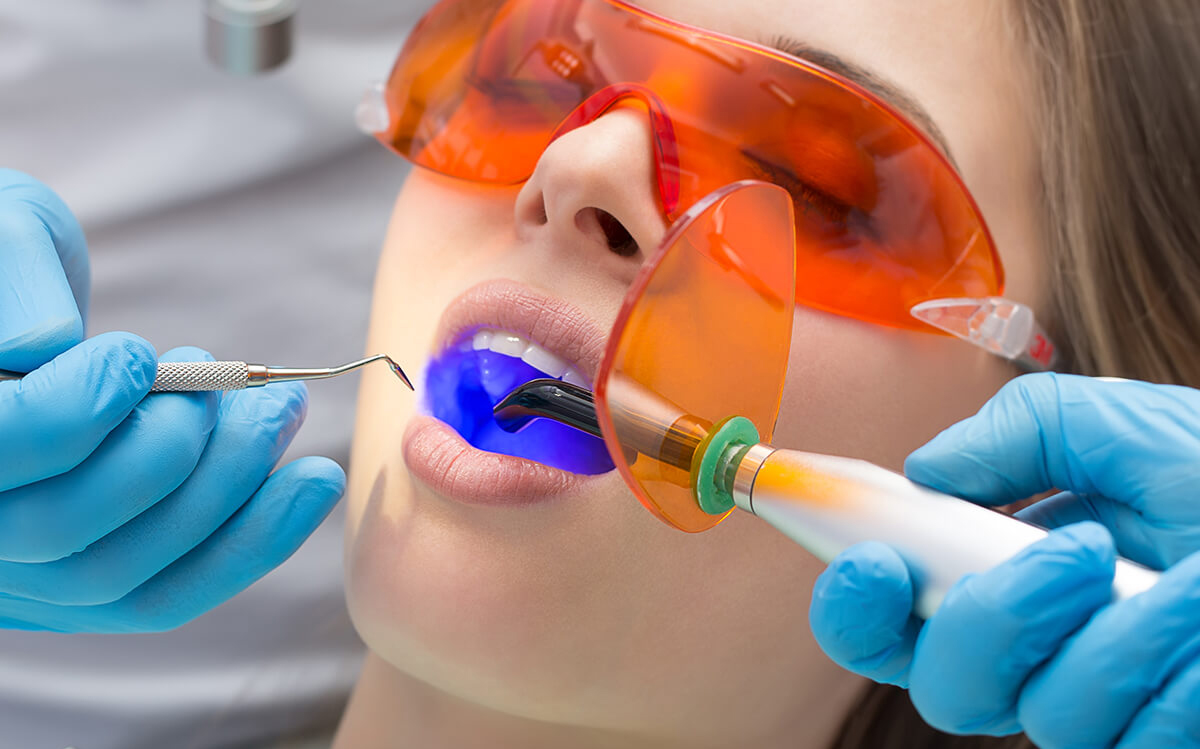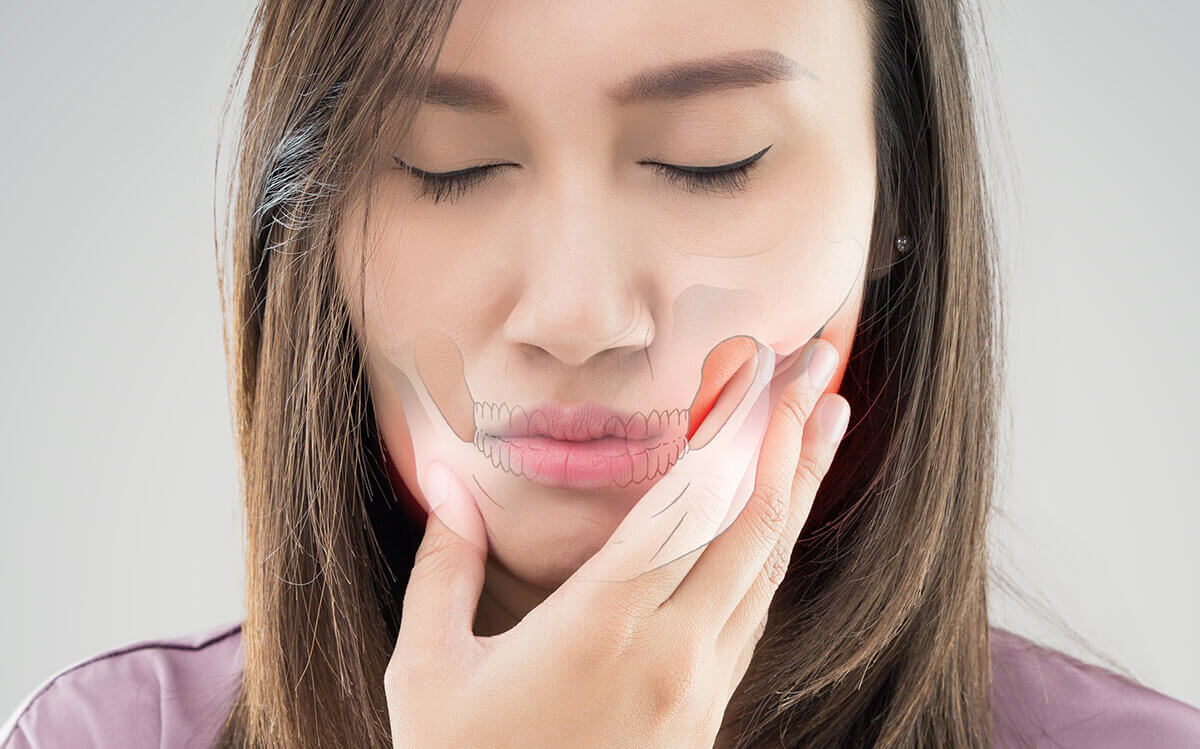TMJ therapy options available at Payson, UT area dental practice
When you think of dental concerns, gum disease and cavities often come to mind. But there are many other conditions that can impact the smile. TMJ, which stands for temporomandibular joint, is the jaw joint that hinges the lower jaw to the skull. Sometimes, this jaw and the muscles around it can become dysfunctional, resulting in a range of problems to the patient. This condition, called TMD, does require treatment to reduce pain and eliminate locking of the jaw in the open or closed position. At TMJ & Sleep Therapy Centre of Utah in Payson, we are excited to offer TMJ therapy options for patients.
What types of TMJ therapy are available at TMJ & Sleep Therapy Centre of Utah?
Our provider is pleased to offer a few different solutions for patients who have been diagnosed with TMD. These include the following:
- Oral orthodontic device – many of our patients with mild to moderate TMD will find relief with an oral orthodontic device. This is a specialized mouthguard that patients can wear to keep the jaw aligned and reduce common issues associated with this condition, specifically pain.
- Myofunctional therapy – another option is orofacial myofunctional therapy. This type of therapy is a series of exercises that patients can use to activate and improve the function of many muscles in the face and mouth area. These exercises are done regularly until proper function resolves, and patients no longer experience symptoms of TMD, obtaining pain relief.
- Cold laser therapy – a revolutionary alternative now available for TMD patients is cold laser therapy, which uses state-of-the-art laser equipment that emits light protons to penetrate deep into the tissues that surround the joint to decrease inflammation and provide almost instant relief in patients who suffer from chronic issues, such as headaches, related to their condition.
Connect with Dr. Cheyn Gunnerson today to learn about TMJ therapy options



Our team is dedicated to helping patients find ways to address a range of dental issues, including temporomandibular joint disorder. If you live in or around the area of Payson, Utah and are considering the benefits of working with a TMJ therapy dentist, call TMJ & Sleep Therapy Centre of Utah today at (801) 877-1126. We accept new patients in the community into our facility, conveniently located at 33 W 300 S.

Hi I’m Doctor Gunnerson with TMJ and sleep therapy of Utah. Headaches, cranial facial pain and TMJ, TMD is an emerging specialty that bridges the gap between dentistry and medicine. Patients we see usually aren’t. Sure, who they should contact to resolve their symptoms, and oftentimes they have been to various providers prior in search of solutions. What could be confusing is that migraines, headaches, ear pain. Ringing in the ear and dizziness and eye pain can be coming from different parts of the head and the neck, making it challenging to figure out what doctor is best to get the results you need. The patients we see come in with the following chief complaints. Chronic headaches or migraines, ear pain consisting of fullness and congestion, jaw pain which can include clicking, popping, crunching and locking noises, dizziness, teeth clenching or grinding or gnashing, eye face or neck pain, pain when chewing shoulder or back pain difficulty opening your mouth nasal and sinus congestion, muscle twitching and numbness in the hands or the arms. 95 percent of effective treatment is dependent upon a proper diagnosis. A diagnosis that uncovers the origin of your problem. A proper diagnosis will tell you what your primary problem is and where it came from. This information is a breath of fresh air. Oftentimes, just knowing that why puts patient at ease and confident that a solution has been identified. Our diagnostic work up is unlike any other. We take a great deal of time reviewing your medical history in detail. And completing a. Very comprehensive head and neck evaluation, utilising cutting edge technology. Proper diagnosis and emphasis on origin rather than symptoms alone is the key to successful long term treatment results. After a proper diagnosis, a specific non-surgical treatment plan, for rehabilitation is developed for the unique needs of each individual patient. Are you seeking treatment for chronic facial, jaw or migraine pain in Utah county? After receiving your diagnosis, a specific individualised treatment solution will be given to you in detail. Our non-surgical treatment solutions focus on setting up the body for optimal healing and restoring function in the absence of pain. Utilize a wide range of treatment solutions, depending on your individual diagnosis. Right now, we are offering complimentary TMJ pain, migraine pain, and Sleep Apnea consultations. We are your number one source of non-surgical treatment of jaw and sleep disorders in Utah.
Frequently asked questions
If you're experiencing any of these symptoms we highly recommend a TMJ Therapy consultation.
TMJ can also be caused by improper use of the facial muscles used for swallowing and chewing. This often starts as early as infancy as a result of a tongue tie or similar palate issue. Disorders of this type can be treated with Orofacial Myofunctional Therapy in childhood.
Another cause of TMJ disorders is sleep apnea. Untreated sleep apnea can result in clenching and grinding of teeth during the night. Clenching pushes the bones of the jaw deep into the joint causing inflammation in the joint space. This inflammation leads to TMJ issues.
Therapy is performed by a clinical assistant or dental hygienist who specialize and are trained in Orofacial Myofunctional Therapy.
By using tools such as custom orthotics, cold laser therapy, orofacial myofunctional therapy, and consistent examinations TMJ & Sleep Therapy Centre of Utah is well equipped to help individuals treat their TMJ issues.
